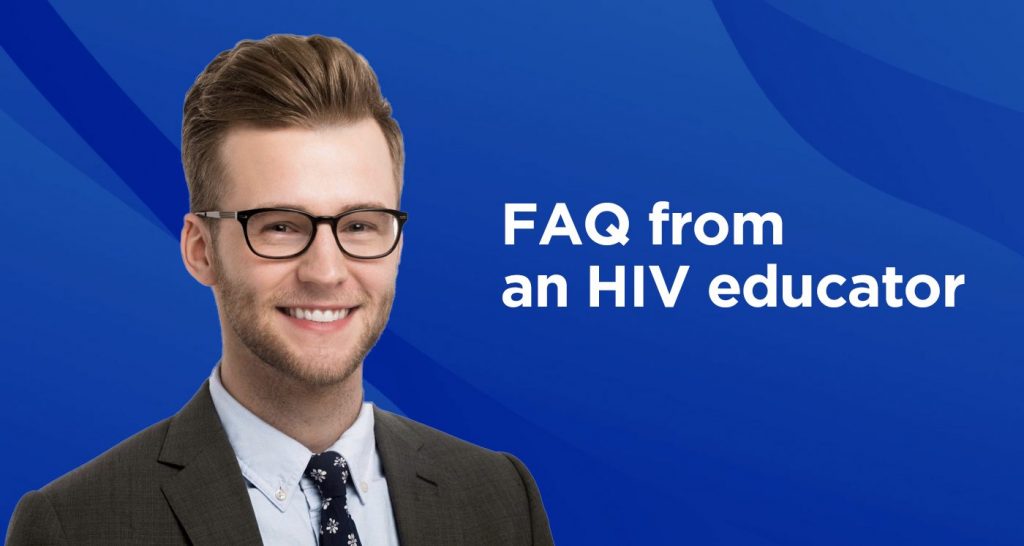By Kalob Gossett,
For nearly 8 years, I’ve worked on a variety of HIV initiatives which have given me the opportunity to collaborate with and educate a variety of people ranging from patients and community members to medical providers and directors. My passion for HIV prevention evolved during my time as a PrEP Program Manager in an HIV Clinic and continues to thrive as I utilize my social media profiles to educate the masses.
I’ve been asked a wide range of questions about PrEP throughout my career thus far, so I’d like to answer some of the most common ones here.
What is PrEP?
Think birth control, but for HIV. PrEP is the practice of taking medication to prevent someone from contracting HIV; therefore, PrEP is meant for those who do not have HIV.
How is this possible?
The pills prescribed for PrEP (Truvada and Descovy), when combined with others, can also be used for treatment for those with HIV. Therefore, these medications have been around a while, but were used solely for treatment before. After multiples studies, they proved to be effective as a prevention method (FDA approved Truvada in 2012 and Descovy in 2019 for PrEP).
To confirm, these are neither a vaccine or a cure for HIV.
How does PrEP protect you from HIV?
HIV is a virus that attacks our immune system by using our cells to reproduce itself. PrEP helps our immune system fight off HIV by providing our cells a sort of barrier so the HIV can’t use them. Without access to these cells, the virus is not able to live in our body and eventually dies.
Think of it as giving each of your cells a bouncer that stops HIV at the club door because they’re not on the list, but make sure you pay your bouncer (take your pill every day) or they may just let HIV into the club.
Is it safe? What are the side effects?
PrEP is safe, and you can expect side effects like those of your average over-the-counter medication (i.e nausea, headaches, and changes in appetite). Thankfully, many people don’t experience any side effects and those that do typically only experience them for a week or two as your body gets used to the medication.
Do I still need condoms?
Condoms are still an effective prevention method and provide protection from an assortment of sexually transmitted infections (STIs). Since PrEP only prevents HIV infection, combining PrEP and condoms is a great way to increase your protection from all STIs.
Whether you choose to use condoms or not, PrEP is still 99% effective in preventing HIV and you will be tested for HIV and STIs as part of your follow-up appointments with your healthcare provider to ensure you know your status.
How do I pay for PrEP?
Most insurance plans currently cover PrEP and if yours does not then you have the power to challenge that. In July 2021, the federal government announced all private insurance plans are required to cover all PrEP-related expenses under the Affordable Care Act.
Also, there are copay assistance programs that can help cover any gaps in insurance coverage you may experience when filling your prescription for Truvada or Descovy.
What’s great is MISTR’s team of experienced and knowledgeable staff can help you navigate all of this and more to ensure payment doesn’t stop you from getting free PrEP.
I don’t want people to think I’m a slut.
This isn’t a question, but I’ve heard this statement enough that I feel it’s important to address it.
If you don’t want people to know you’re on PrEP because you think they will judge you, then don’t tell anyone. Your decision to take control of your sexual health does not affect anyone else; no one other than you and your healthcare provider must know. Period.
